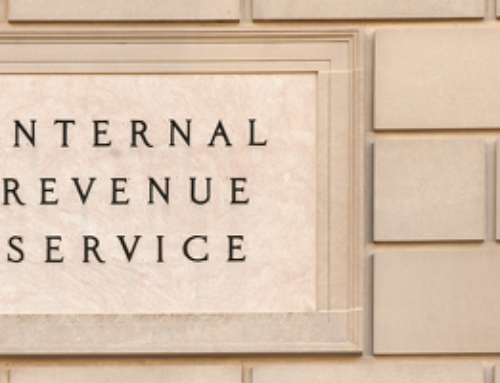United States citizens with signature or other authority of financial account(s) in a foreign country are required to report the account(s) to the IRS annually on a Form 114, Report of Foreign Bank and Financial Accounts (commonly referred to as FBAR) if the aggregate value of the foreign accounts exceeds $10,000 for the filing tax year.
The Secretary of the Treasury can penalize anyone who violates the FBAR requirements. The penalty amount is dependent on the willfulness of the breach. If the violation is determined to be non-willful, the penalty will not exceed $10,000. If the violation is determined to be willful, the maximum penalty will result in the greater of $100,000 or 50% of the account balance at the time of the infringement.
If the taxpayer meets several requirements, such as the foreign accounts not being reported due to reasonable cause, the IRS will not penalize the taxpayer. However, district courts have come to the conclusion that tax laws do not define “reasonable cause” in a FBAR filing. Therefore, the tax law links the “reasonable cause” standard with the “ordinary business care and prudence” specifications. Courts have decided that determining if taxpayers fall under the “reasonable cause” exemption is made on a case-by-case basis, since all facts and conditions must be taken into account.
A district court found a taxpayer liable for FBAR penalties. Since the taxpayer did not perform with regular business care and prudence when he prepared some of his income tax returns and had an accountant prepare other returns, the reasonable cause exception was inapplicable.
Taxpayer, whom I will call Mr. A, prepared his 2006 and 2007 returns and had his accountant prepare his 2008 and 2009 tax returns. In each filing year, he indicated that he did not have foreign accounts leading him to not file FBARs for any of the tax years. However, for each filing year, he did have foreign accounts that exceeded $10,000.
Mr. A was told by the foreign bank that his accounts were not subject to US income tax, so he testified that he told his accountant he did not have a foreign bank account. Mr. A was an elderly immigrant, completed his graduate degree in the US, and taught math and geophysics at a technical college. He argued that English was his second language and that he relied solely on the advice of the tax professional, so the “reasonable cause” exemption should pertain to him.
The court held that the reasonable cause exception did not apply and that Mr. A is liable for the tax penalty. The court found that Mr. A did not make a reasonable effort to understand his filing obligations. The court found Mr. A is liable since he admitted to filing his own 2006 and 2007 tax returns and did not reveal the presence of his foreign accounts even though there is a direct question pertaining to foreign accounts. The court determined that a taxpayer acting with ordinary business care would have made attempts to understand their filing responsibility.
The courts found that his argument of his being an elderly immigrant and English being a second language was not justification to the “reasonable cause” factor. By his own admission, Agrawal had sufficient mental acuity with the English language to teach math and geophysics and to represent himself in this litigation.







Leave A Comment